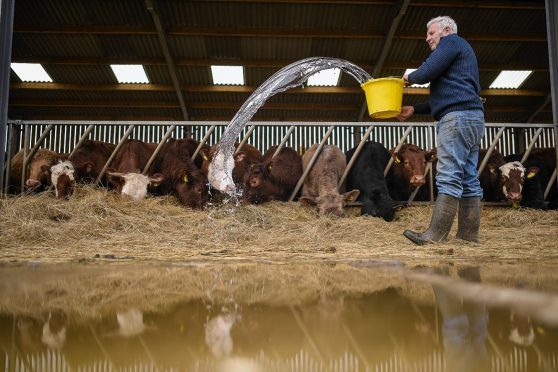Scottish Water is being urged to hold a public meeting to discuss plans to chloraminate the water supply to more than 10,000 homes in the Highlands.
The utility company plans to introduce the process – which involves adding chlorine and very small quantities of ammonia to supply – for Speyside properties served by the Aviemore treatment works.
It says chloramination is “safe” and points out that it is already used in many parts of the UK, including Inverness, Aberdeen, Edinburgh and other parts of the Highlands and islands.
The move follows complaints about the taste and smell of the local water supply.
But locals are concerned about the addition of more chemicals and their views are supported by world-famous environmentalist Erin Brockovich.
Badenoch and Strathspey councillor Gregor Rimell said he could understand the need to add lots of chemicals to inner city water supplies that have been recycled a number of times, but not to a natural supply coming from underground in the Highlands.
He said: “We don’t have to drink other people’s urine so why should we have to suffer their levels of chemicals, especially when they tell us that this supply is some of the purest water you can get?”
He added that local members of Highland Council had not been invited to attend an event in Aviemore last week to discuss Scottish Water’s plans to introduce the process.
Councillor Rimell said: “Very few people turned up because they didn’t know about it and it seems the water company didn’t want it to be a public meeting, which shows their total disregard for the people they are supposed to serve.
“The overriding aim of Scottish Water, to my mind, is to do what they want to do, the way the scientists say is best, and if they are challenged they just do their own thing anyway when they should be accountable to us.
“We would be happy to meet at a public event, where the public really can join in.”
Scottish Water’s strategic customer service planning director, Simon Parsons, said the recent event was widely advertised locally and councillors and community council members were invited.
He pointed out that chloramination allowed for a reduction in chlorine levels, and customers who had been sensitive to the taste should notice a reduction.
Mr Parsons said: “Households and businesses will be written to and invited to further information events when there will be opportunities to discuss, ask questions and find out more.”
